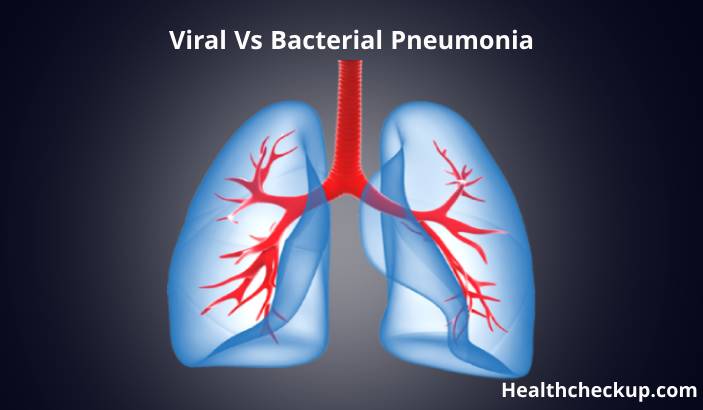Rabies is a viral infection that is caused by the rabies virus. It is a serious and potentially fatal disease that is transmitted through the bite or scratch of an infected animal, such as a dog, cat, bat, or fox. The rabies virus attacks the central nervous system and can lead to paralysis and death.
Symptoms of rabies include:
- Fever
- Headache
- Nausea and vomiting
- Agitation
- Anxiety
- Confusion
- Difficulty swallowing
- Excess saliva
- Hallucinations
- Insomnia
- Paralysis
Diagnosis of rabies is typically based on the presence of symptoms and a person’s history of exposure to an infected animal. Laboratory tests, such as a PCR (polymerase chain reaction) test or rabies virus culture, can be used to confirm the diagnosis.
Treatment of rabies typically involves the administration of a series of vaccines to stimulate the body’s immune system to produce antibodies against the virus. It also includes medications to control symptoms, such as pain and anxiety, and supportive care, such as fluids to prevent dehydration.
Rabies can be prevented through vaccination of pets, such as dogs and cats, and through the use of protective measures, such as avoiding contact with wild animals and wearing protective clothing when handling animals. If you are bitten or scratched by an animal, it is important to seek medical attention as soon as possible. Follow the recommendations of your healthcare provider and public health officials to help protect yourself and others from rabies.









